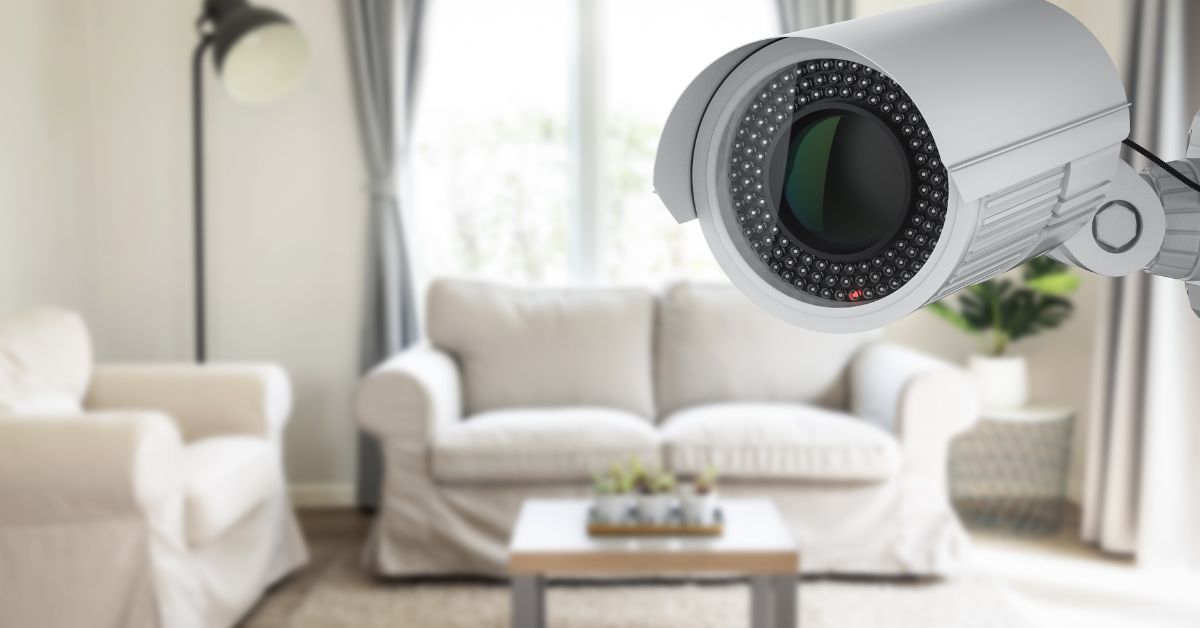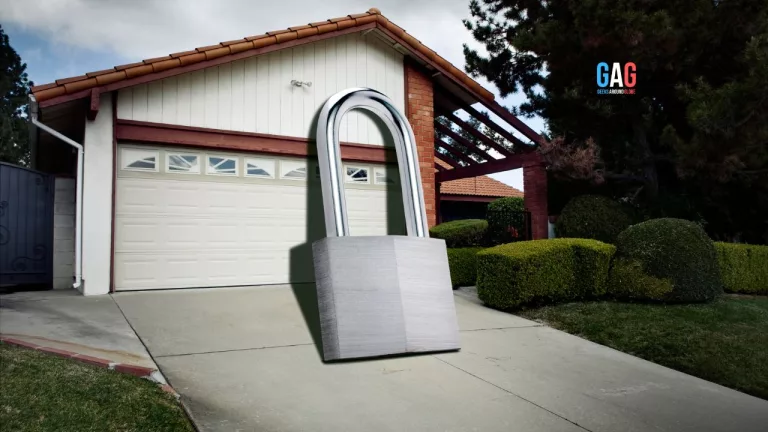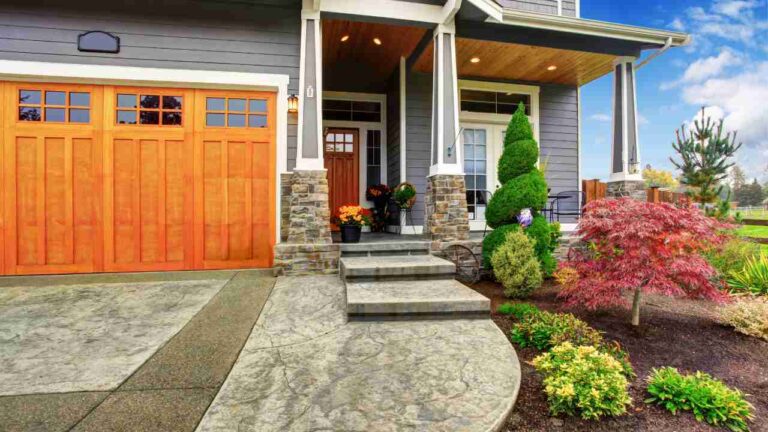In today’s world, ensuring the safety and security of our homes is more crucial than before. That is why home surveillance camera systems have gained popularity as a means of monitoring and protecting our homes. However, with a range of market options, choosing the right surveillance camera system that meets our specific needs can be overwhelming. To assist you in making a decision, here are some tips to consider when selecting a home security camera system.
Understanding Your Surveillance Requirements
The first step in choosing the ideal home security camera system, as found on the Pro’s Choice website, is assessing your requirements. Identify the areas of your home that need surveillance coverage and determine whether you require outdoor monitoring. This will provide clarity on the number and types of cameras needed.
Different Types of Surveillance Cameras
There are various types of surveillance cameras, each designed for specific purposes. Here are some common options:
Dome Cameras
Dome cameras are highly versatile and suitable for homes. Their sleek design allows them to blend in while providing a field of view.
Bullet Cameras
Bullet cameras are often used for monitoring due to their design.
Typically, these cameras have the ability to see over distances and can see well in low-light conditions at night.
PTZ Cameras
PTZ (Pan Tilt Zoom) cameras offer remote control options, allowing users to move them horizontally or vertically and zoom in for magnified views.
Wireless Cameras
Wireless surveillance cameras provide flexibility when it comes to placement and easy installation without the need for wiring.
Hidden Cameras
Hidden cameras are cleverly disguised as objects like clocks or smoke detectors, making them perfect for monitoring purposes.
Things to Consider When Choosing a Camera
Once you’ve determined your surveillance requirements and explored camera types, it’s important to take into account the following factors:
Resolution
The resolution of a camera determines the clarity of the video footage and higher resolution results in better image quality. It is recommended to use HD (720p or 1080p) or higher resolution cameras for recordings.
Night Vision
If you need surveillance capabilities during nighttime, make sure that the camera has reliable night vision features that allow for visibility in low light conditions.
Field of View
The field of view of a camera determines how much area it can cover. A wider field of view ensures more coverage, reducing the need for additional cameras.
Connectivity Options
Take into account your needs and the existing infrastructure when deciding between wireless connectivity options.
Storage and Accessibility
Consider how you want to store and access the footage – whether on a device or through cloud storage. Each option has its advantages, so select the one that suits you best.
Quality Matters
When it comes to home surveillance camera systems, investing in quality is crucial for reliability and long-term use. Look for known brands with established reputations to avoid products that may deteriorate quickly or become outdated. Reading reviews from users can provide insights into their experiences and satisfaction levels with different brands and models.
Installation and Maintenance
Take into consideration the level of complexity associated with installation before making a purchase decision. Some security camera systems require professional installation, while others can be easily installed by yourself. Also, consider maintenance requirements like firmware updates, compatibility with technological advancements and availability of technical support.
Budget Considerations
Lastly, budget constraints are a factor in choosing a home surveillance camera system. While it is essential to stay within your budget range, remember not to compromise on quality or necessary features solely based on cost savings.
When searching for options, it’s important to find ones that fulfil your requirements and provide good value for your money.
Conclusion
Choosing the home surveillance camera system involves taking into account your needs, familiarising yourself with the various camera types available in the market, considering crucial factors, like resolution and night vision capabilities, ensuring reliable and high-quality products, understanding installation requirements and maintenance obligations as well as discovering a cost-effective solution that aligns with your budget. By following these suggestions, you can make a decision and effectively safeguard your home.





